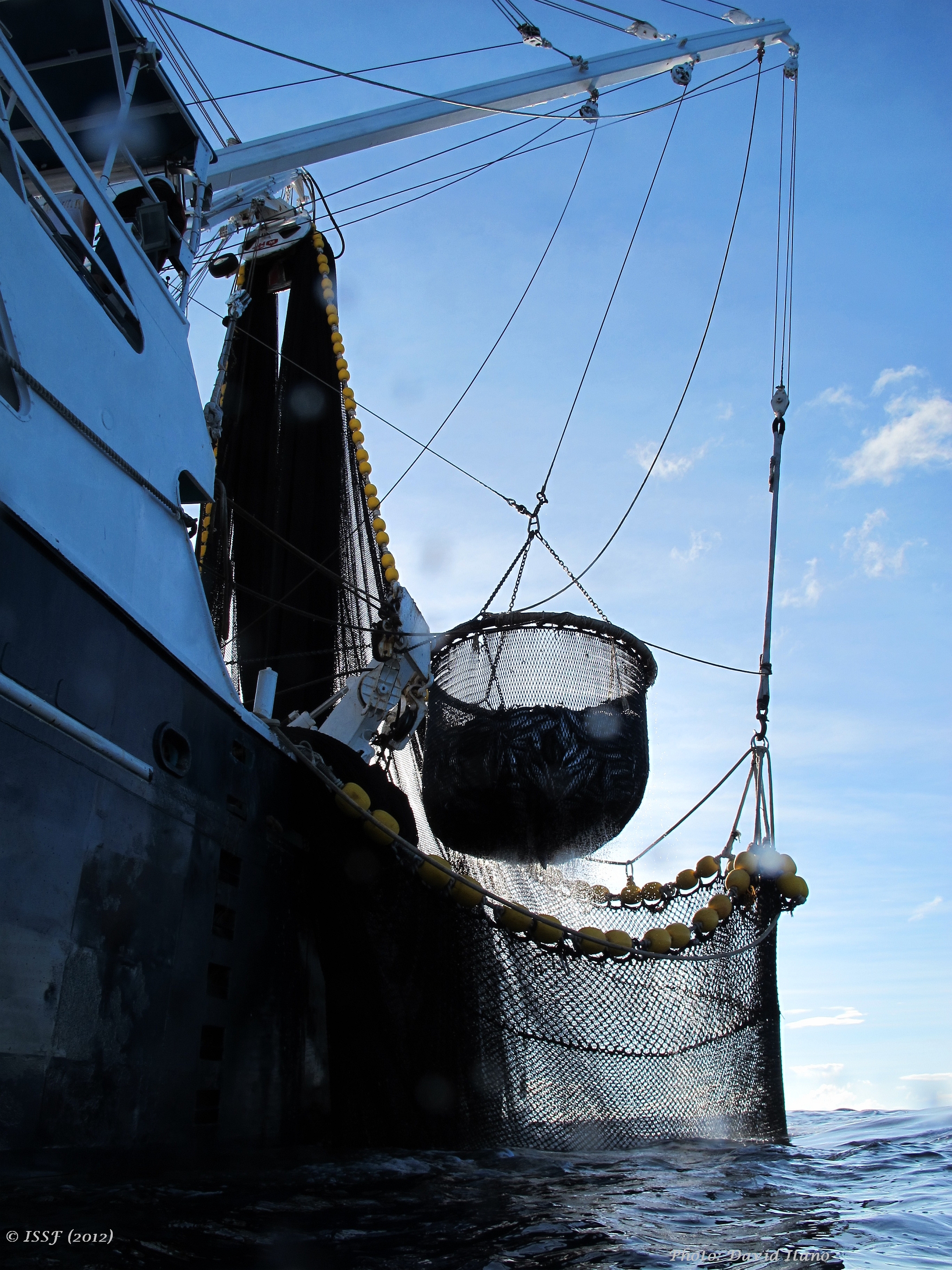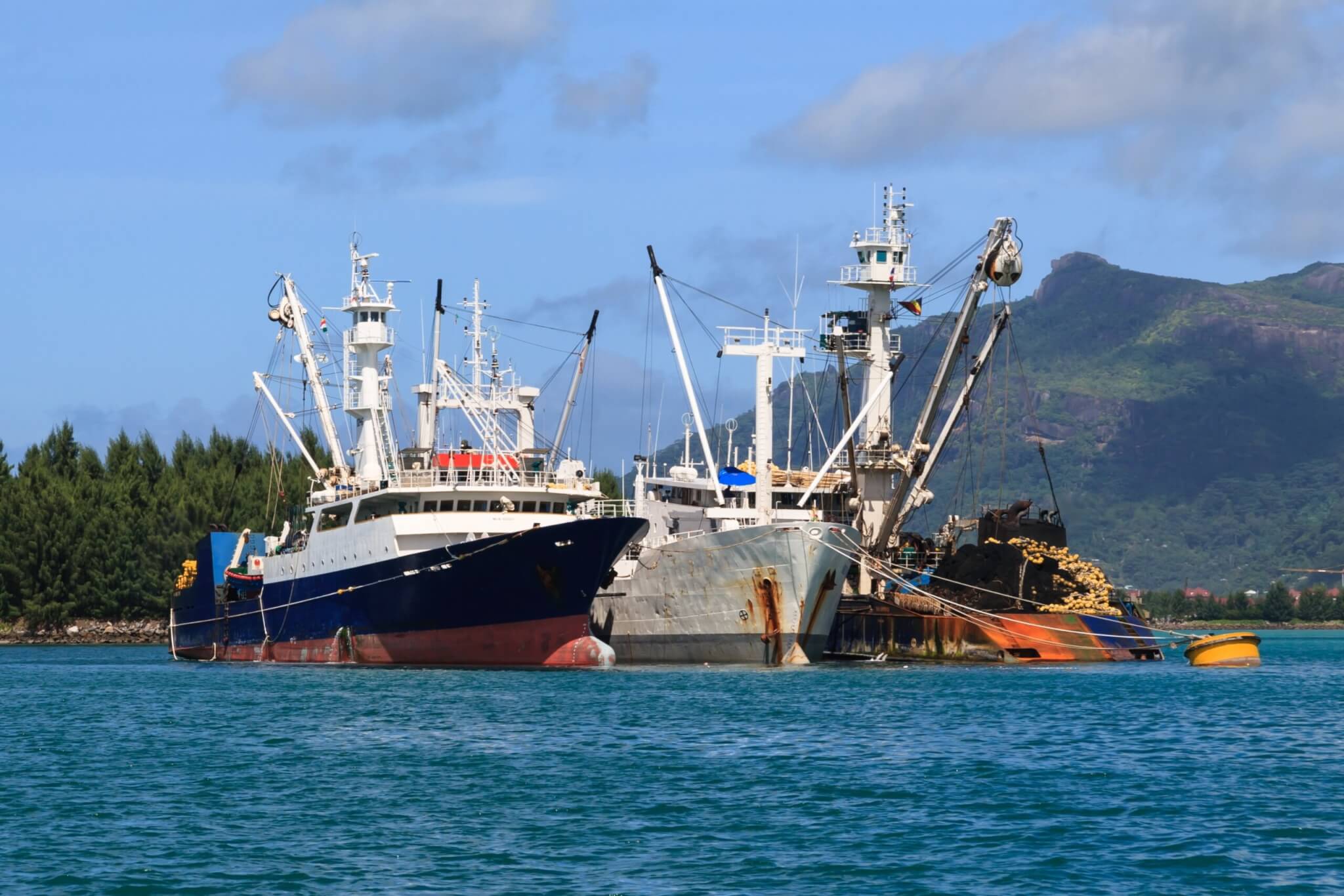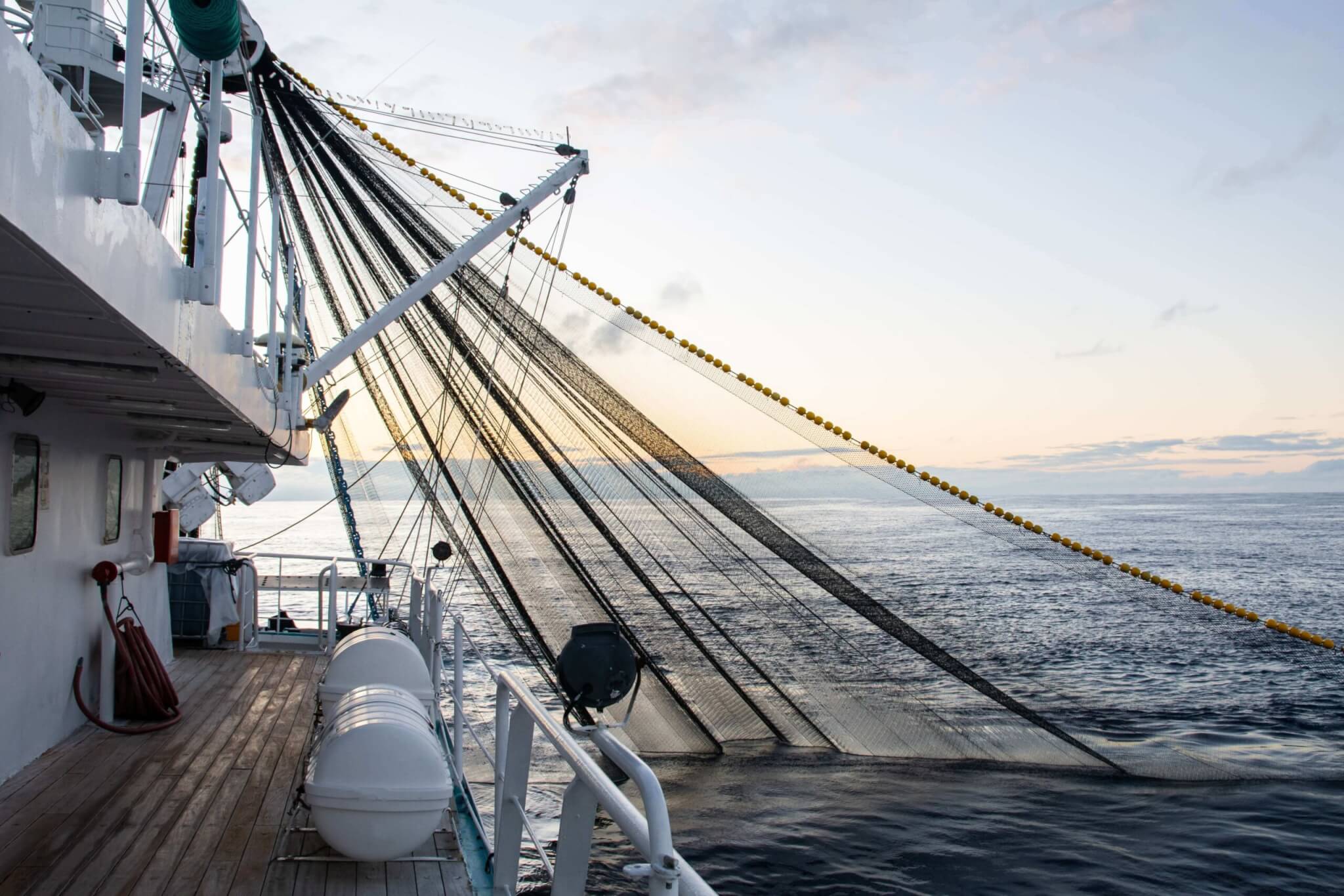
ISSF Participating Tuna Company Compliance Report Shows 98.5 Percent Conformance with Foundation Conservation Measures
The International Seafood Sustainability Foundation (ISSF) has released its ISSF Annual Conservation Measures & Commitments Compliance Report, which shows a 98.5 percent conformance rate by 25 ISSF participating companies with all 27 ISSF conservation measures in effect in 2018, the audit period. Many of the world’s largest tuna processing companies participate in ISSF.
As part of its commitment to transparency and accountability, ISSF engages third-party auditor MRAG Americas to continuously assess ISSF participating companies’ compliance with ISSF’s conservation measures according to a rigorous audit protocol.
“It is encouraging to see the independent audit process continue to show high conformance among our Participating Companies,” said ISSF President Susan Jackson. “As we celebrate our organization’s 10th anniversary, these are the metrics that make a difference. Particularly in the last three years, our industry participants have collectively scored high marks on a consistent basis, meaning they’re taking seriously the science-based measures we’ve developed.”
ISSF participating #companies achieved 98.5% conformance in 2018 with our #conservation measures: Read our new #compliance report. Share on XThe April 2019 annual compliance report is based on participating company activity for 2018. ISSF publishes this annual compliance report with initial audit results in the second quarter each year; in November, ISSF publishes an updated report to show any remediation of non-conformances previously reported.
The April 2019 report shows that:
- 17 companies were in conformance with all 27 measures in effect during the 2018 reporting period.
- 8 companies had at least one minor non-conformance, for a total of 9 instances of minor non-conformance. These typically involved instances where companies achieved some, but not full, compliance with a given conservation measure.
- 1 company had one major non-conformance. As defined by MRAG Americas, a “major non-conformance” means a company does not comply with a particular conservation measure or commitment, and this compromises the integrity of ISSF initiatives.
ISSF conservation measures where companies achieved 100 percent conformance include: 2.1 Product Traceability; 3.1(b) Prohibition of Transactions with Shark Finning Policies; 3.4 Skipper Best Practices; 3.5 Transactions with Vessels that Use Non-entangling FADs; and 5.2 IUU Product Response. Areas for improvement include data submission to RFMOs, observer coverage on tuna vessels, and IMO Unique Vessel Identifiers.
The rate of full conformance had been mostly steady in each annual reporting period, as shown across the below compliance report publication dates. The April 2019 report audited companies against five new Conservation Measures that were not in effect during previous reporting periods.
- June 2015: 79.8 percent
- June 2016: 87.2 percent
- November 2016: 95.6 percent
- May 2017: 97.5 percent
- November 2017: 100 percent
- June 2018: 97 percent
- November 2018: 99 percent
- April 2019: 98.5 percent
The five new measures for which ISSF Participating companies were first evaluated during the 2018 audit period are as follows:
Measure 2.3 Product Labeling by Species and Ocean of Capture: On all product labeling, or through a publicly available web-based system by product, for all branded tuna products:
- Identify the species of tuna contained in the product.
- Identify the ocean of capture for the tuna contained in the product.
Measure 3.6 Transactions with Vessels Implementing Best practices for Sharks and Sea Turtles: Transactions only with those longline vessels whose owners have a policy requiring the implementation of best practices for sharks and marine turtles.
Measure 4.4 (C) Transshipment at Sea – Observer Coverage (Large Scale Longline): Transactions with longline vessels that conduct transshipments at sea, whether high seas, EEZ, territorial seas or archipelagic waters, only if 100% of such transshipments are observed.
Measure 7.2 Threshold Requirement for PVR Listing: All large-scale purse seine vessels owned by the same business organization shall be in demonstrated compliance with, or otherwise exempted from, Section 6 —Capacity.
Measure 7.4 Supply and Tender Vessels: For controlled supply or tender vessels that operate with purse seine vessels:
(a) register all vessels on the PVR and maintain registration indefinitely;
(b) ensure all are listed on the authorized vessel record of any RFMO governing the ocean area in which the tuna was caught;
(c) ensure all have an IMO unique vessel identifier; and
(d) ensure all are not listed on the IUU Vessel List of any RFMO.
In addition to the annual compliance reports, MRAG Americas issues individual ISSF participating company reports, published on the ISSF site, detailing each company’s level of compliance with conservation measures. Under the compliance policy, companies may be required to remediate non-conformances found during the annual audit, and MRAG will immediately issue reports for those companies that do so.
More on ISSF Conservation Measures & Compliance
For long-term tuna sustainability, a number of tuna companies worldwide are choosing to participate with ISSF, follow responsible fishing practices, and implement science-based conservation measures. From bycatch mitigation to product traceability, ISSF participating companies have committed to conforming to a set of conservation measures and other commitments designed to drive positive change — and to do so transparently through third-party audits.


